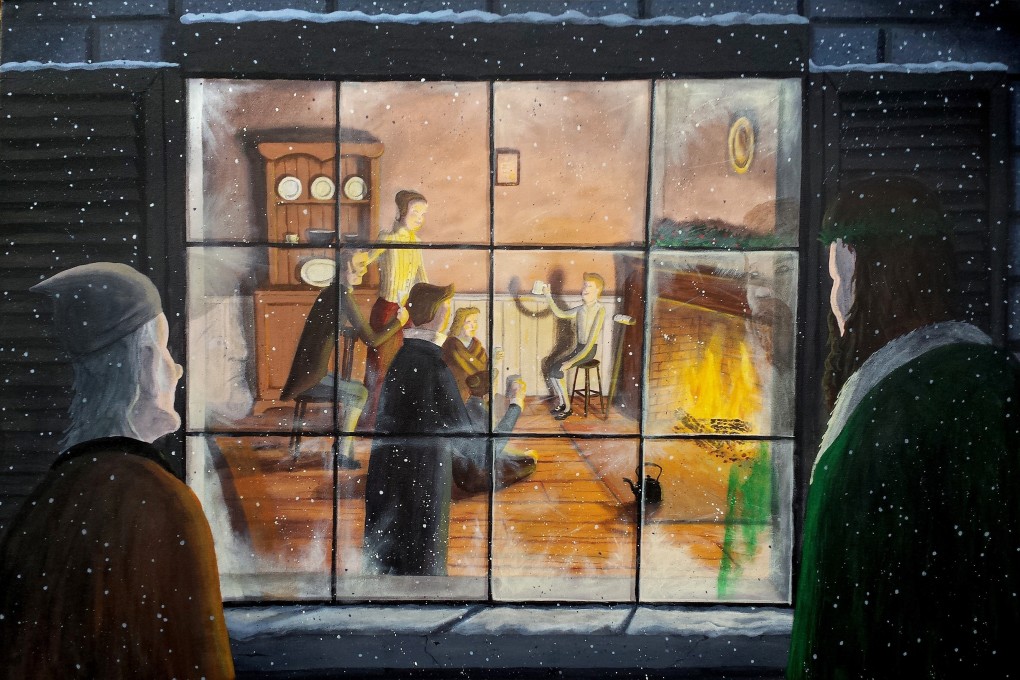Christmas in the time of coronavirus: how Dickens’ classic tales take on new connotations
Books can help us understand our place in the world, even as it is gripped by a pandemic, and in times such as these, new meaning can be found in time-honoured festive fare

History will remember 2020 as a year in which everything was touched by the Covid-19 pandemic. The festive season is no exception, illustrated by the escalating arguments between those demanding Christmas as usual and those urging caution about congregating with family and friends.
The most urgent question of all – how Covid-19 will affect Santa Claus – has already been asked and answered by Dr Anthony Fauci. “Santa is exempt from this because Santa, of all the good qualities, has a lot of good innate immunity. So Santa is not going to be spreading any infections to anybody.”
There is not a vast amount of advice here on how to celebrate Yuletide during a plague. Shelley’s only mention of Christmas is to note that “half of England was under water”, which does little to lighten the mood.

Giovanni Boccaccio’s The Decameron (circa 1351) has received a lot of attention because the spur for its 100 or so stories is none other than the Black Death. In 1348, Boccaccio begins, “There happened at Florence, the finest city in all Italy, a most terrible plague.”
